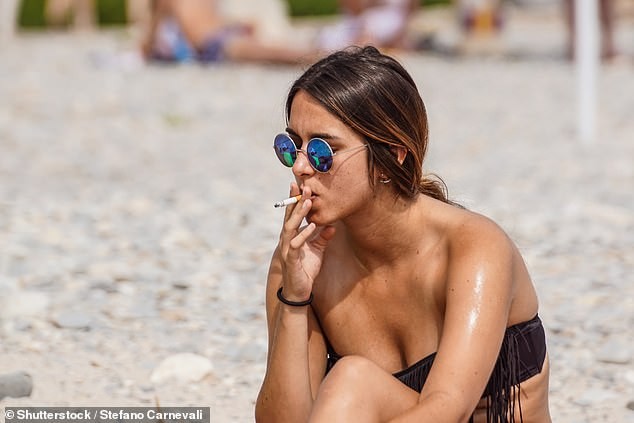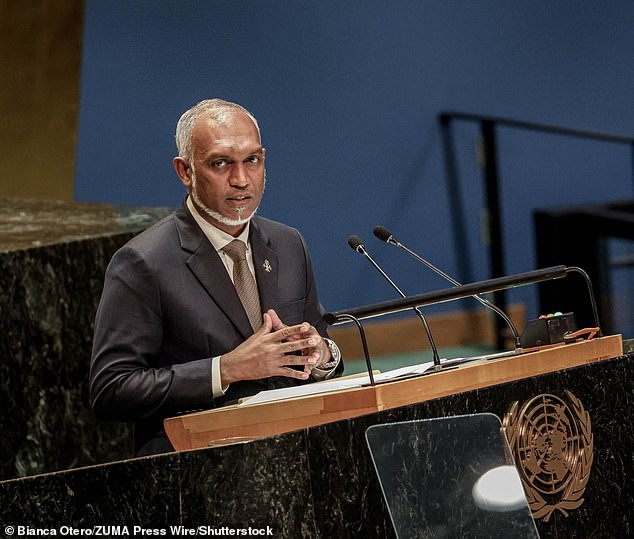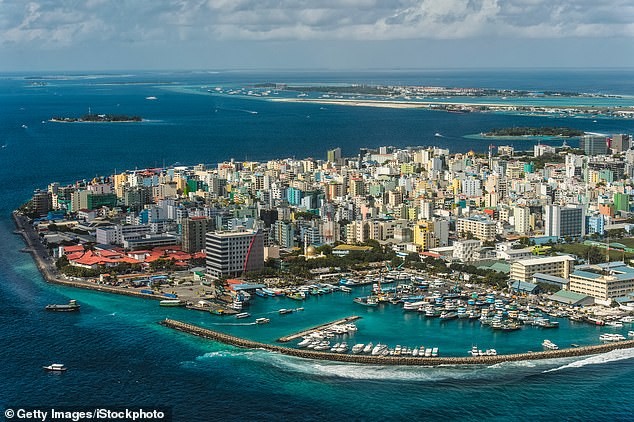Tourists Warned as Maldives Enforces World's First Generational Smoking Ban
The Maldives has become the first nation in the world to impose a generational ban on smoking. From the start of this month, anyone in the country born after January 1, 2007, or who is currently aged 18 years or younger, is barred from ever buying, using or smoking tobacco. The nation's health ministry announced the ban this month, saying it 'applies to all forms of tobacco, and retailers are required to verify age prior to sale'. The ministry added that the move showed the country's 'strong commitment to protecting young people from the harms of tobacco'. It is thought that the move will also affect tourists to the island, which welcomes two million visitors a year, with those born after the start of 2007 also unable to purchase cigarettes.

Ban mechanics and who is affected including tourists
The Maldives already enforces a total ban on the sale of vapes and e-cigarettes, and last year doubled import taxes for cigarettes, pushing the price of a pack from about $7 to $16. An estimated 25 percent of adults in the country smoke, mostly men, while among those aged 13 to 15 years, nearly half use some form of tobacco product. Some 63 percent also say that social media influencers have made smoking look cool. Overall, about 203 people in the country die from smoking-related complications every year, equivalent to 12 percent of all deaths.

Enforcement, fines and official responses
In the US, for comparison, about 20 percent of adults smoke cigarettes, while about 10 percent of 11 to 18-year-olds report using tobacco. More than 480,000 smoking-linked deaths are reported in the country annually, or 15 percent of the total. While in the UK, about 12 percent of adults smoke, while 11 percent of 11 to 15-year-olds say they have used cigarettes. There are about 75,000 smoking-related deaths in the country every year, or about 13 percent of the total fatalities. Other nations have also tried to bring in similar generational bans on cigarettes. In 2022, New Zealand passed a world-first law that would have permanently outlawed the sale of tobacco to anyone born after January 1, 2009, effectively phasing out smoking for future generations. The measure, meant to take effect in 2024, was later repealed to help fund government tax cuts. In the UK, officials proposed a comparable ban on cigarette sales for those born after the same date, but the legislation ultimately failed to pass through parliament. In the Maldives, those found to be breaking the generational smoking ban could be fined $3,200, officials say, while those found to be using a vape device could be fined $320. The nation's generational smoking ban came into force after it was approved by the country's president Dr Mohamed Muizzu, who is an engineer by training, and has cleared the way for it to become law. His wife and the nation's first lady, Sajidha Mohamed, heralded the ban as a 'historic step' and a 'proud moment' for the nation. Writing on X, she said: 'Today, we take a historic step towards a tobacco-free Maldives.' The Maldivian president Dr Mohamed Muizzu approved the smoking ban. Above, he speaks at The Summit of the Future in New York in 2024. Other nations have also considered bringing in generational smoking bans including New Zealand and the UK (file photo). Deputy speaker of the Maldivian parliament, Ahmed Nazim, said last month that smuggled cigarettes and vaping devices remain 'widely available' in the country. He also said that they were 'sold openly through social media', and added that, on the black market, vapes were 'still cheaper than cigarettes.' The Maldives Independent, a national publication, reports that the number of smuggled cigarettes entering the country now exceeds legal ones. It cites instances, including when 200 cartons of cigarettes were discovered on an oil tanker and where hundreds of cases of cigarettes were cleared from a bonded warehouse, a secured facility regulated by customs services, without being authorized.


